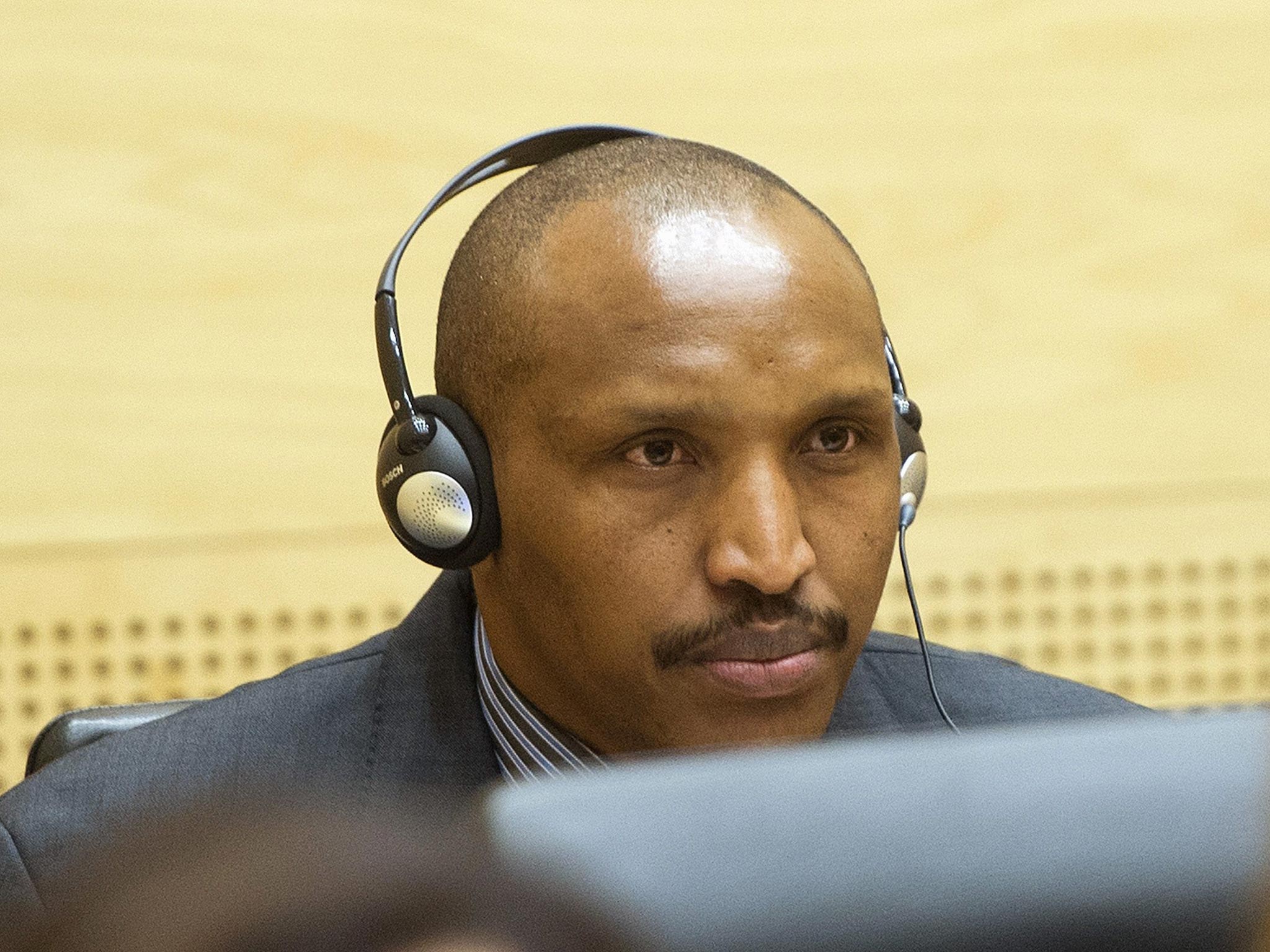DR Congo: Militia leader ‘raped and murdered on ethnic lines’, International Criminal Court hears

A Congolese militia leader led fighters, including child soldiers, in ethnically-motivated rape and murder, the International Criminal Court has heard.
Bosco Ntaganda allegedly committed the crimes while leading Hema troops against ethnic Lendus out of the mineral-rich Ituri region in the DR of Congo over a decade ago.
Prosecutor Fatou Bensouda accused Ntaganda, nicknamed "The Terminator" for his ruthlessness, of 13 charges, including murder, rape, and persecution and recruiting child soldiers.
Ntaganda's lawyer, Marc Desailliers, said on Monday that the prosecution's case "has no foundation".
Ntaganda's alleged crimes took place in 2002-2003 in Ituri province, Democratic Republic of Congo, where he served as a top leader in the Union of Congolese Patriots under Thomas Lubanga.
Lubanga was indicted and arrested in 2006, and in 2012 became the first person to be convicted at the ICC, for conscripting child soldiers. He is appealing a 14-year sentence.
Bensouda described the testimony of one woman from the Lendu tribe, the frequent target of attacks by Union soldiers, who were often from the Hema tribe. He said the woman was raped repeatedly and told "you are not human beings and in three days we will finish you all."
Ntaganda was indicted in 2006, but he became part of the country's regular army and the government in Kinshasa did not seek to arrest him until he rebelled as part of a different group, M23, in the province of Kivu.
He was only brought to the court in The Hague, Netherlands, last year after M23 splintered, his faction was defeated, and he fled to neighboring Rwanda. He took refuge in the U.S. Embassy before being deported.
The court has yet to set a date to decide on Ntaganda's case. Hearings are expected to last several days.
AP
Subscribe to Independent Premium to bookmark this article
Want to bookmark your favourite articles and stories to read or reference later? Start your Independent Premium subscription today.

Join our commenting forum
Join thought-provoking conversations, follow other Independent readers and see their replies